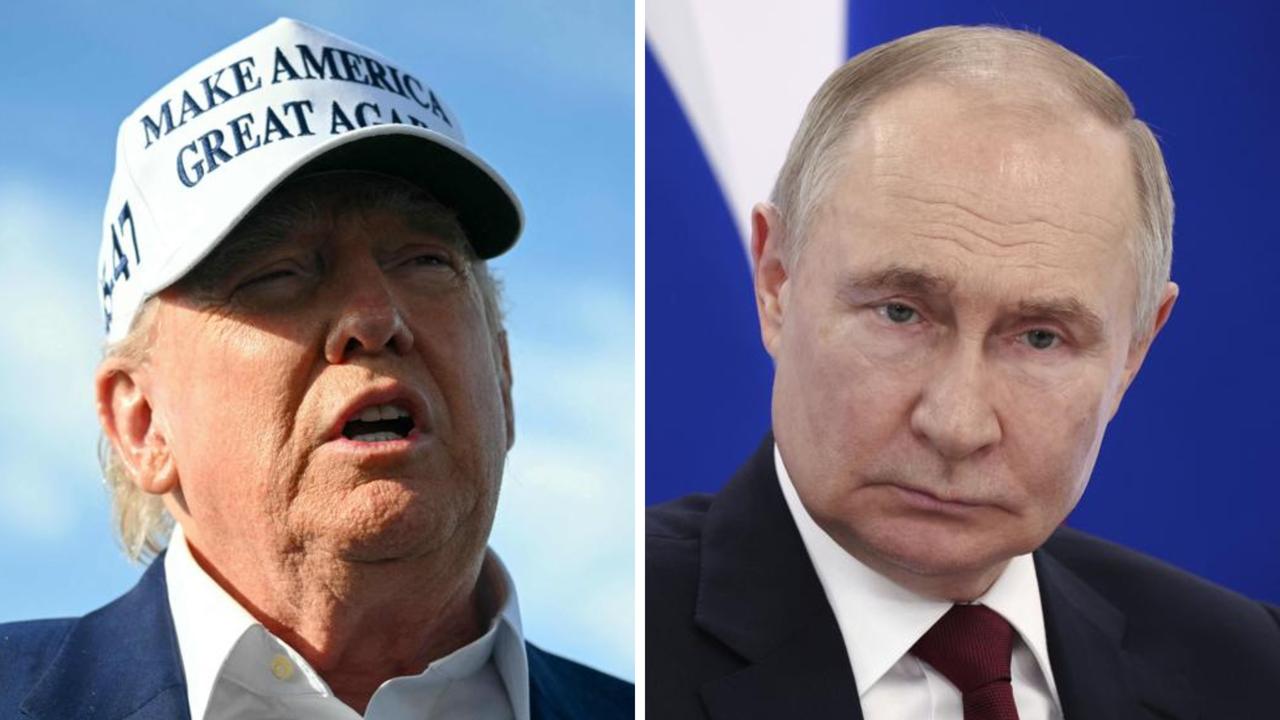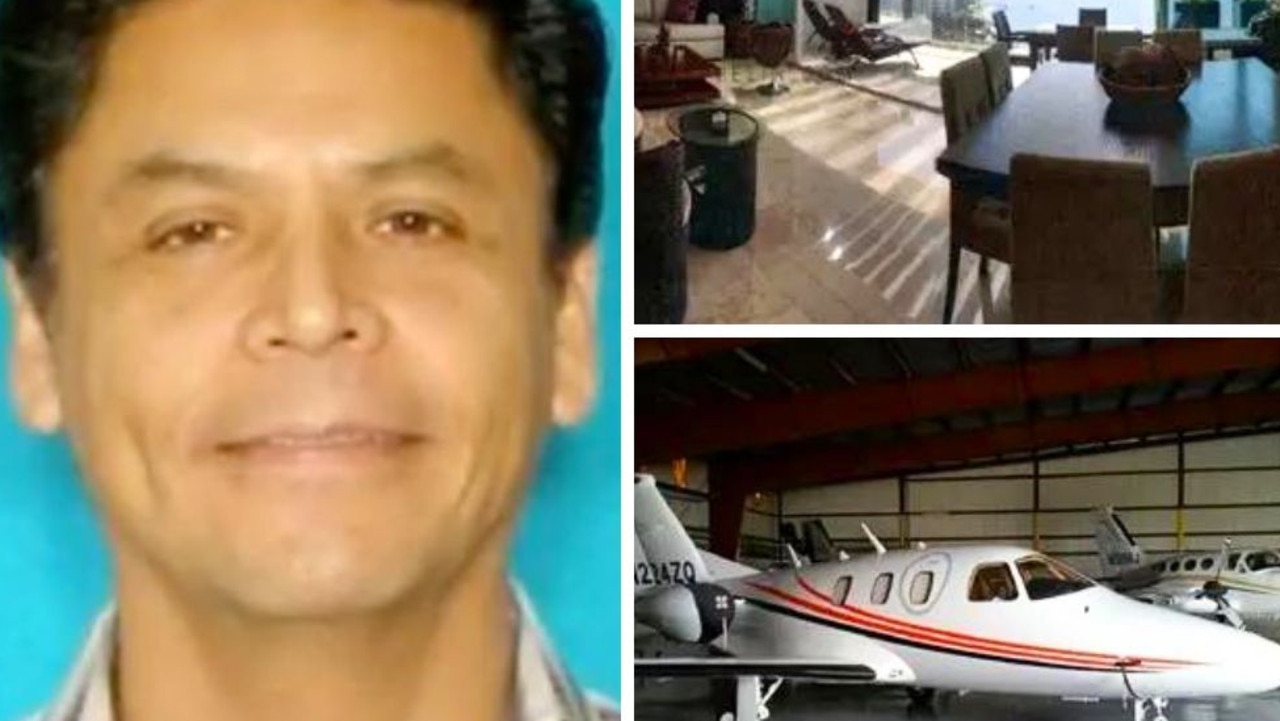UK returns to masks in battle against increased Covid and flu cases and NHS strikes
With Covid and flu infections adding pressure to a strike-hit NHS, the UK Health Security Agency is again telling sick people to stay at home or wear masks if they have to go out.
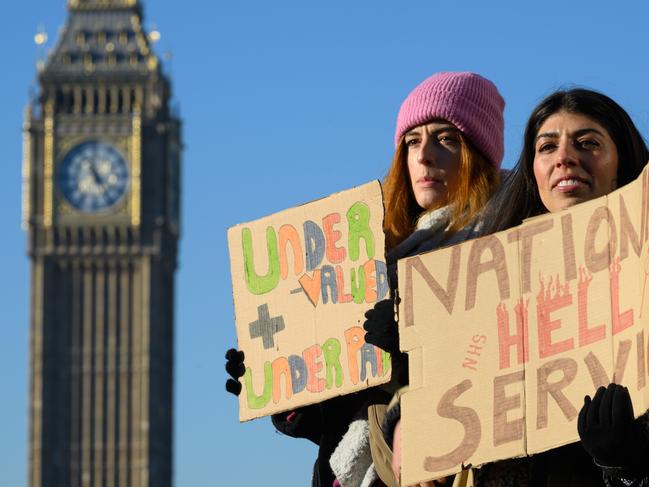
World
Don't miss out on the headlines from World. Followed categories will be added to My News.
Twenty Twenty-Two was the year the Queen died, Britain swore in not one, but two Prime Ministers, and the nation emerged from the tight grip of the coronavirus. Or did it?
With Covid and flu infections adding pressure to a National Health System (NHS) already hit by crippling strikes, the UK Health Security Agency is again telling sick people to stay at home or wear masks if they have to go out.
“It’s important to minimise the spread of infection,’ chief medical advisor professor Susan Hopkins said, also urging parents to keep kids out of school if ill or having a high temperature.
With a top doctor warning up to 500 people could die every week due to NHS delays caused by a northern winter flu crisis, Professor Hopkins urged parents to ensure eligible children were vaccinated.
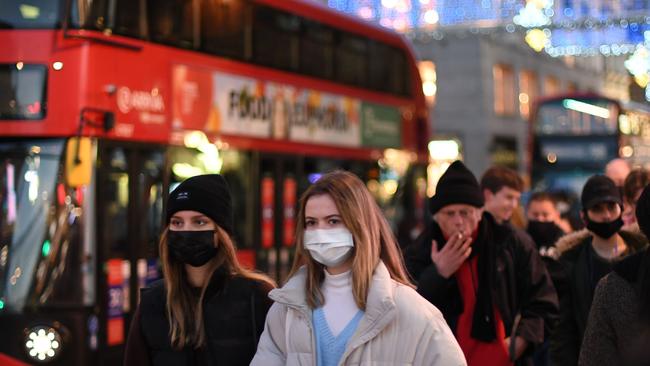
“We have seen a good uptake in older groups but vaccination among young children remains low,” she said, adding a jab protected not only the child but others they came into contact with.
Amid a dire cost of living crisis, runaway inflation and soaring utility bills, Christmas was not a time to fall ill — ambulance and hospital strikes meant only the most severe of cases were attended to.
It was also a tough time to visit loved ones, with industrial action delaying air travel and grinding much of the rail network to a halt.
An even tougher “winter of discontent” is dawning with unions announcing a fresh wave of protests on trains on January 3, 4, 6 and 7 and more strikes by NHS nurses (January 18 and 19), ambulance workers (January 11 and 23) and border guards at seven airports and ports in the coming days.
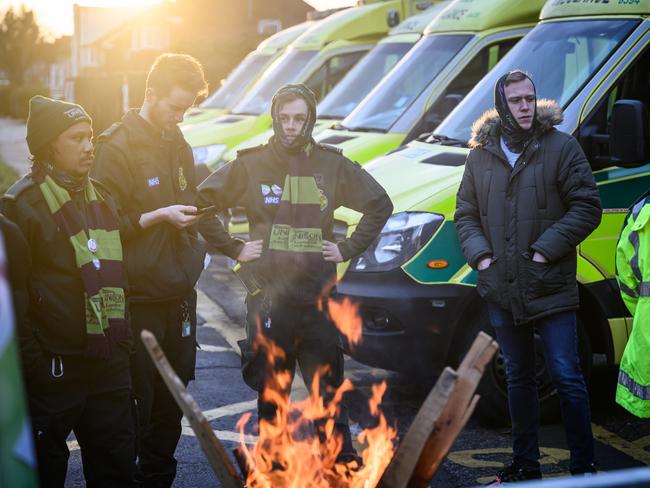
Militant union bosses have even launched a new loyalty card scheme, offering free coffee and gifts, to help boost their picket lines.
As many as 40,000 workers are expected to down tools at one of the busiest periods of the year, calling for improved pay and conditions.
The strikes come against a backdrop of 32 million Britons falling behind with their bills, with electricity prices rising by 65.4 per cent and gas prices by 128.9 per cent in the year to November 2022, according to the UK Government’s Office for National Statistics.
Rising food prices has seen nearly one quarter (23 per cent) of Britons skip or reduce the size of a meal because they cannot afford to buy food.
The recent Food Standards Agency survey also found four in five adults (81 per cent) were concerned about the cost of food in the New Year – up from 62 per cent in the same period last year.
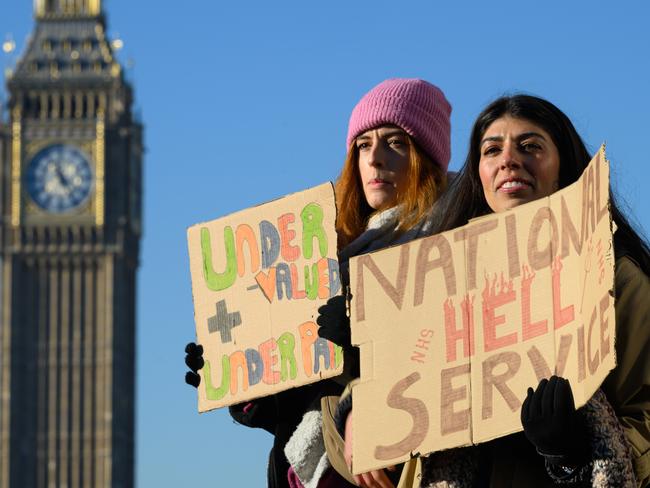
Those in the country’s south east are spending almost £325 a week ($578.92) more on living costs, excluding rent and mortgages in 2022, compared to the previous year. Residents in England’s north east are forking out almost £235 a week extra ($418.60).
British charities are being slammed with unprecedented cries for help, with Citizens Advice answering a staggering 215,000 calls from people with energy problems in the year to November – an increase of 50 per cent on the same period of 2021, and double the number in 2020.
Health leaders warned that Britain was entering “a very dangerous time” and said they “cannot guarantee patient safety” during the walkouts. Health secretary Steve Barclay entered urgent talks on Wednesday, calling on health workers not to strike.
Leaked figures show ambulances are now taking an average 90 minutes to reach heart attack and stroke patients in some parts of the country and only the sickest and most severely injured are being prioritised. Expectant mothers have been told to make their own way to hospital.
“There was no let up over Christmas, I worked four consecutive 12-hour shifts this week, we’ve been absolutely slammed,” said London paramedic Natalie Jones, originally from Dural, Sydney.
“Compared to the traditional Christmas rush, where you get spells of quietness, it’s been non-stop this year.”
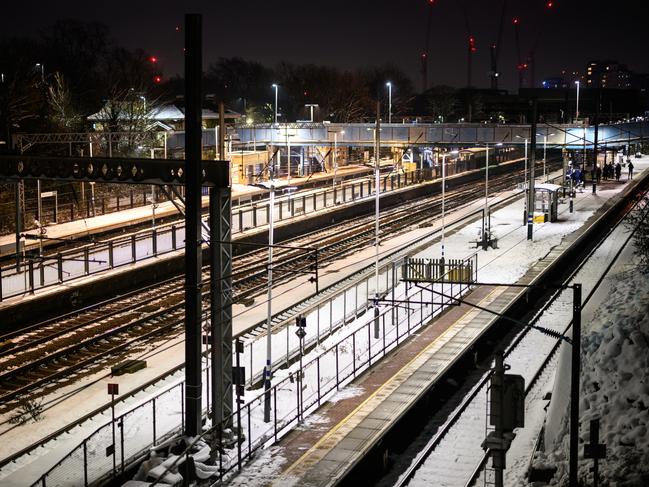
General secretary of the National Union of Rail, Maritime and Transport Workers Mick Lynch insisted the union was open to holding talks with the British government.
“Until the government gives the rail industry a mandate to come to a negotiated settlement on job security, pay and condition of work, our industrial campaign will continue into the new year, if necessary,” he insisted.
Infuriated British prime minister Rishi Sunak is hatching new anti-strike laws to halt union barons holding the country to ransom but no details have been released about the scope of the new legislation.
Tory MP for Lichfield Michael Fabricant, said: “Britons are growing weary of being a striking nation.
“There is a growing urgency to enact laws that will prevent strikes in essential services.
“I hope to see the first draft of a Bill well before the end of January. The more militant unions need to know we mean business.”
More Coverage
Originally published as UK returns to masks in battle against increased Covid and flu cases and NHS strikes



